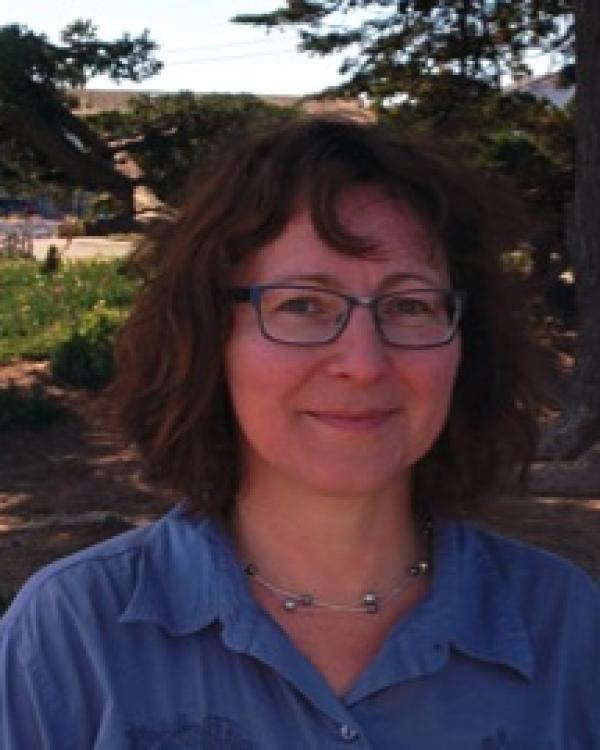
UC Santa Barbara’s Gevirtz School, along with UC Santa Barbara’s Interdisciplinary Emphasis in Applied Linguistics, presents the free public lecture “Developing L2 Sociopragmatic Competence: Creating a Social Context for Teaching Dynamic Interaction” on Thursday, May 14 from 4:00 - 5:15pm in the Education Room 1203 on the UC Santa Barbara campus. This event is free and open to the public. The event will feature speaker Dr. Zsuzsanna Abrams from University of California, Santa Cruz.
Abrams will present a lecture revolving around the latest phenomenon seen in recent research on pragmatics. She will discuss the rise in the dynamic nature of interpersonal communication: speaker intent (previously the primary/sole focus of research), participants’ background, and the social context all play significant and dynamic roles. Abrams will discuss not only learning how language maps onto meaning, but how L2 learners also need to learn how to manage interaction collaboratively. She will engage attendees to think about the consequences of how L2 classrooms offer learners few opportunities for navigating socially situated and dynamically negotiated exchanges. This presentation reports on a study that explores whether using a TV series as social context can help ameliorate some of the constraints of a shared L1 environment and facilitate the development of L2 sociopragmatic skills.
Dr. Zsuzsanna Abrams is an Associate Professor in the Department of Languages and Applied Linguistics with, an affiliation in German studies, at the University of California, Santa Cruz. Her teaching interests include language pedagogy, second language acquisition, intercultural communication, discourse analysis, computer-mediated communication, and applied linguistics.
Applied Linguistics is an optional interdisciplinary Ph.D. emphasis offered at UCSB that provides empirical investigation and solutions of language-related issues, especially those of language education in teaching and learning languages. This emphasis also focuses on issues of bilingualism and biliteracy, language policy, language assessment, translation and interpretation lexicography, rhetoric, and composition.